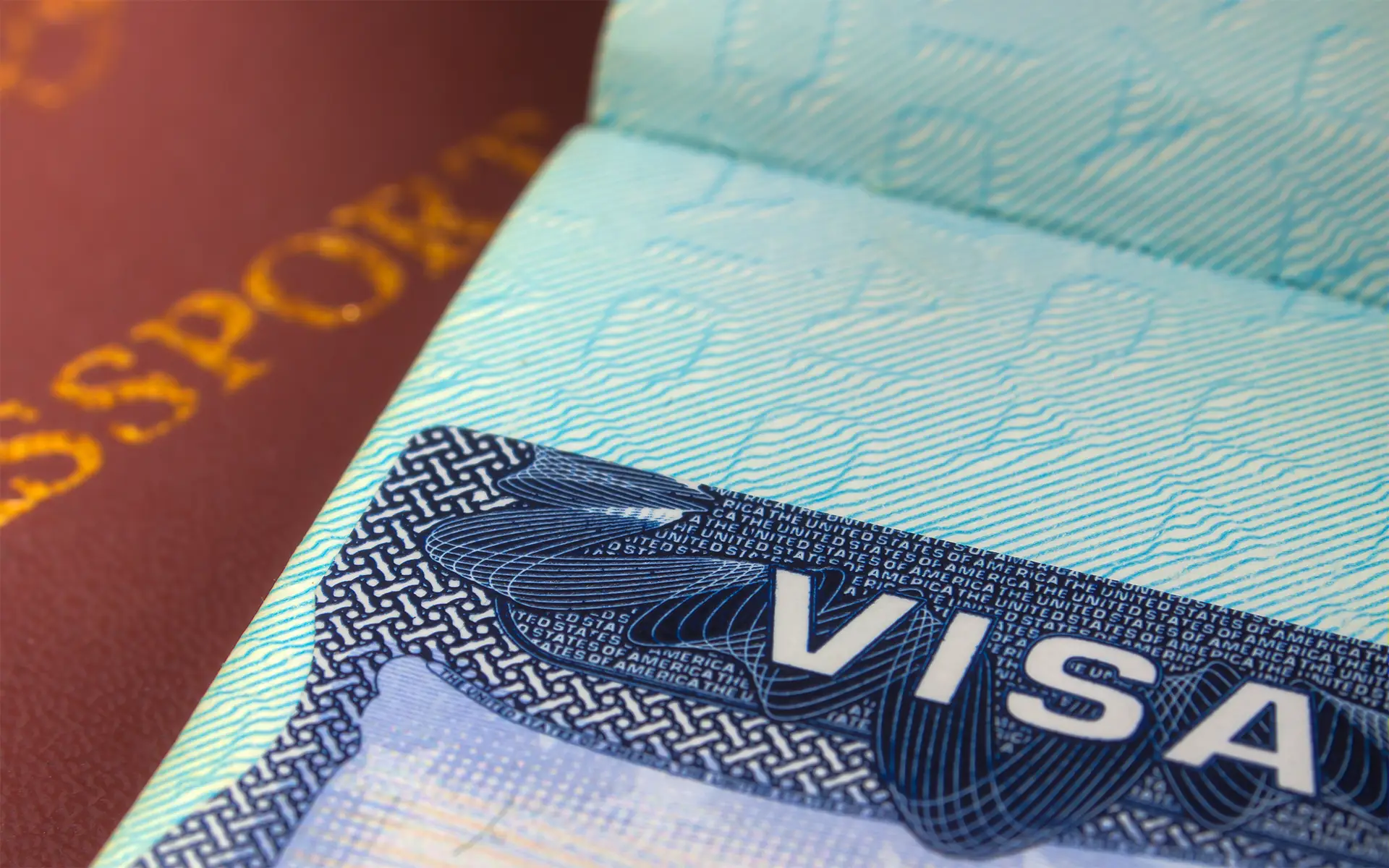
UAE announces new updates regarding the travel protocol for citizens travelling to countries on travel curbs list
On Tuesday, October 26, 2021, the National Emergency Crisis and Disaster Management Authority and the General Civil Aviation Authority of the United Arab Emirates announced new updates regarding the travel protocol for citizens travelling to countries to which the United Arab Emirates had previously issued travel bans. These updates come in light of the country’s strategy to gradually reopen vital sectors and resume normal life.
According to the new travel protocol, Emirati citizens who have received Covid-19 vaccine will be allowed to travel to those countries provided that the vaccine is approved and that all doses of the vaccine are received, while the travel ban to those destinations continues to be imposed on citizens who have not received the full doses of the Covid-19 vaccine. At the same time, some specific cases are excluded from this ban imposed on unvaccinated citizens. Those exceptions include patients and humanitarian cases, individuals receiving treatment abroad, diplomatic missions and those who are studying abroad on scholarship, provided that these individuals seek official prior approval from the competent authorities before traveling abroad.
In addition to the above, Emirati citizens returning from those countries will face a set of restrictions, whether before the return trip or after arriving to the Emirates. Pre-travel restrictions include the requirement to present a negative PCR test that must be performed within 48 hours before returning to the UAE, provided that the test certificate includes a QR Code. In addition, returning citizens must also perform another rapid test (Rapid PCR Test) within six hours at most before traveling back to the UAE. As for the post-arrival restrictions to the UAE from these destinations, it depends on whether these returnees have received the vaccine or not. Individuals who have received the vaccine need to take another PCR tests upon arrival, on the fourth day, and a third time on the eighth day of their return. As for unvaccinated individuals, in addition to a PCR test upon arrival, they will also have to undergo a 10-day quarantine, provided that they take another test on the ninth day of quarantine.
The protocol also includes a set of additional requirements, such as directing travelers to register themselves in the “Tawajudi” service and upload a negative PCR test result within 48 hours of travel, as well as adhering to the restrictions and health requirements applied in those countries. The two entities also advised anyone who shows any symptoms of Covid-19 disease to immediately go to a health center and inform the UAE embassy in order to follow up on his / her condition. The protocol also recommends that citizens above the age of 70 not to travel to those countries.
In July of this year, the UAE had issued a decision banning citizens from traveling to a group of countries, namely Bangladesh, India, Vietnam, Sri Lanka, Pakistan, Nepal, Nigeria, South Africa, Uganda, Zambia, Namibia, the Democratic Republic of the Congo, Liberia and Sierra Leone. It is worth noting that, according to the National Emergency Crisis and Disaster Management Authority, the overall percentage of those who received the first dose of Covid-19 vaccine in the UAE is more than 97%, while the percentage of those who received two doses exceeded 87% of the total population.




































































































